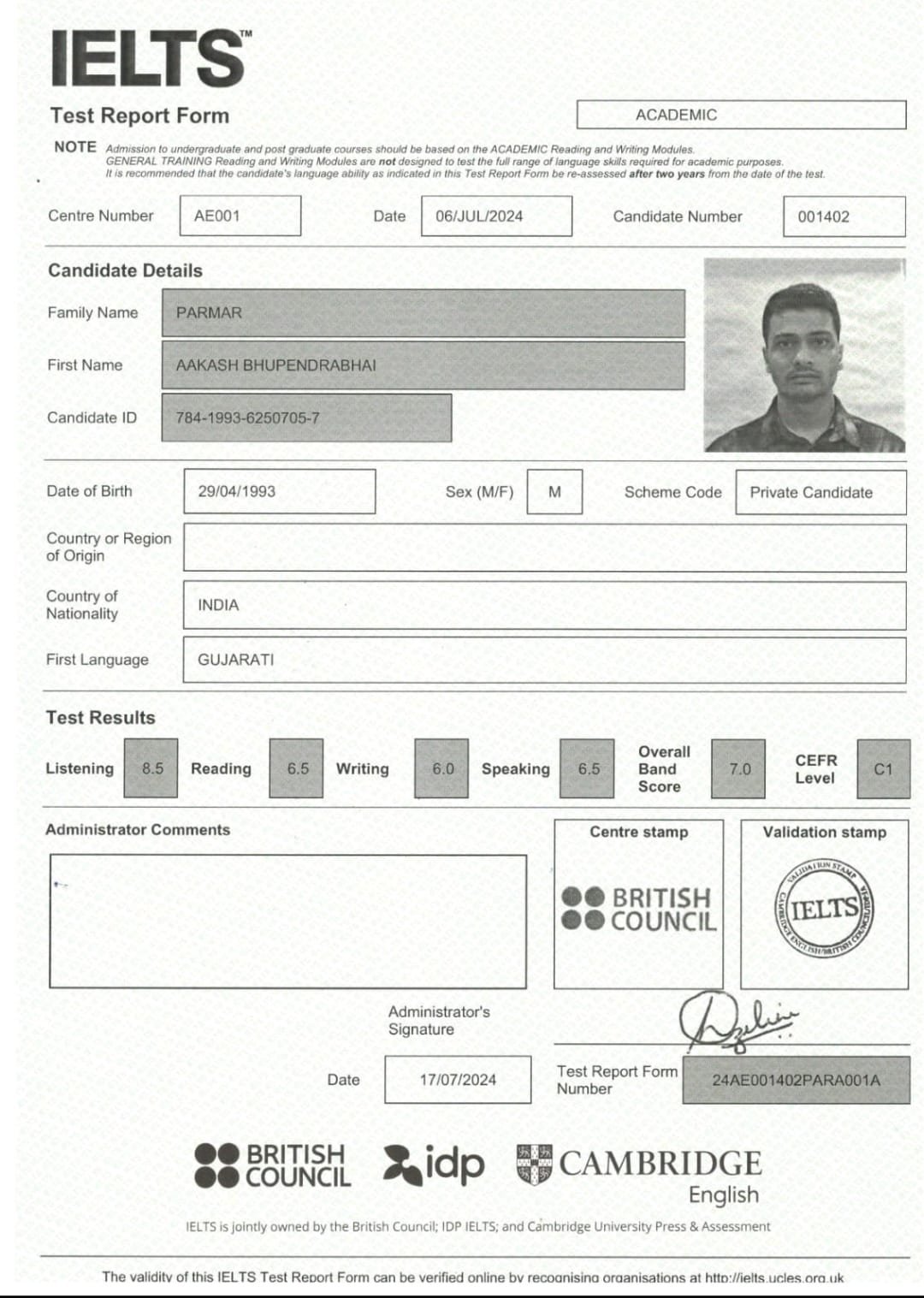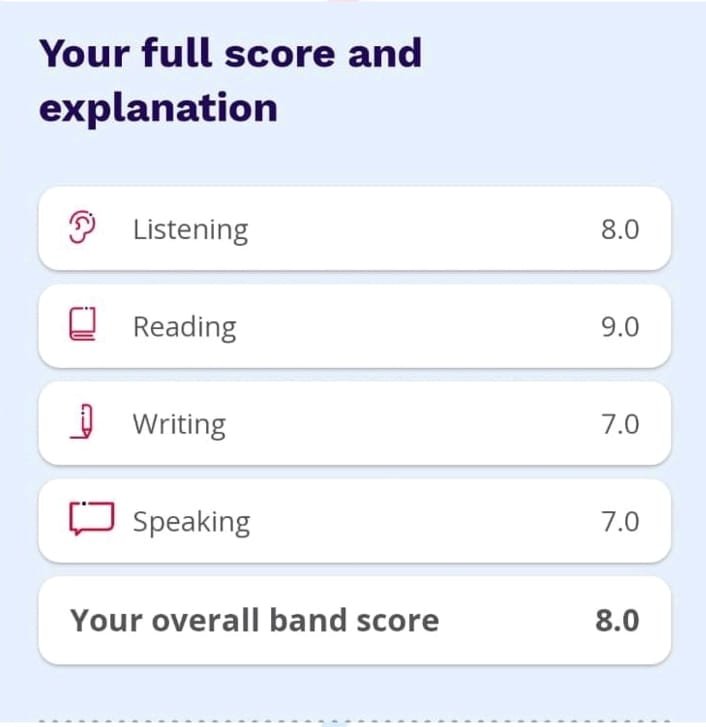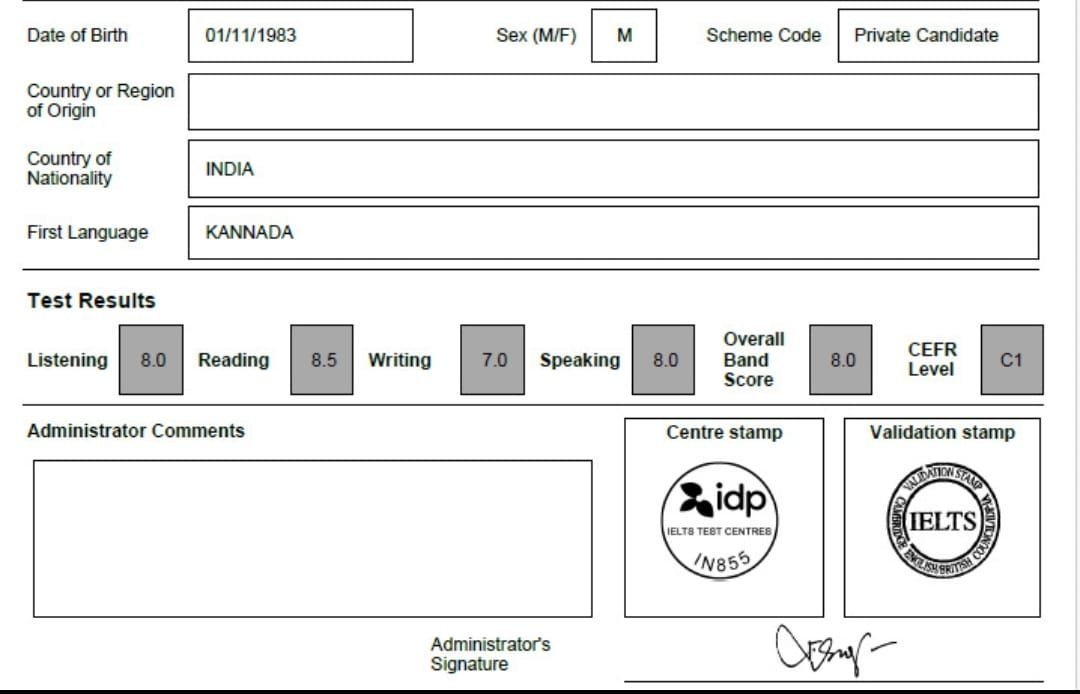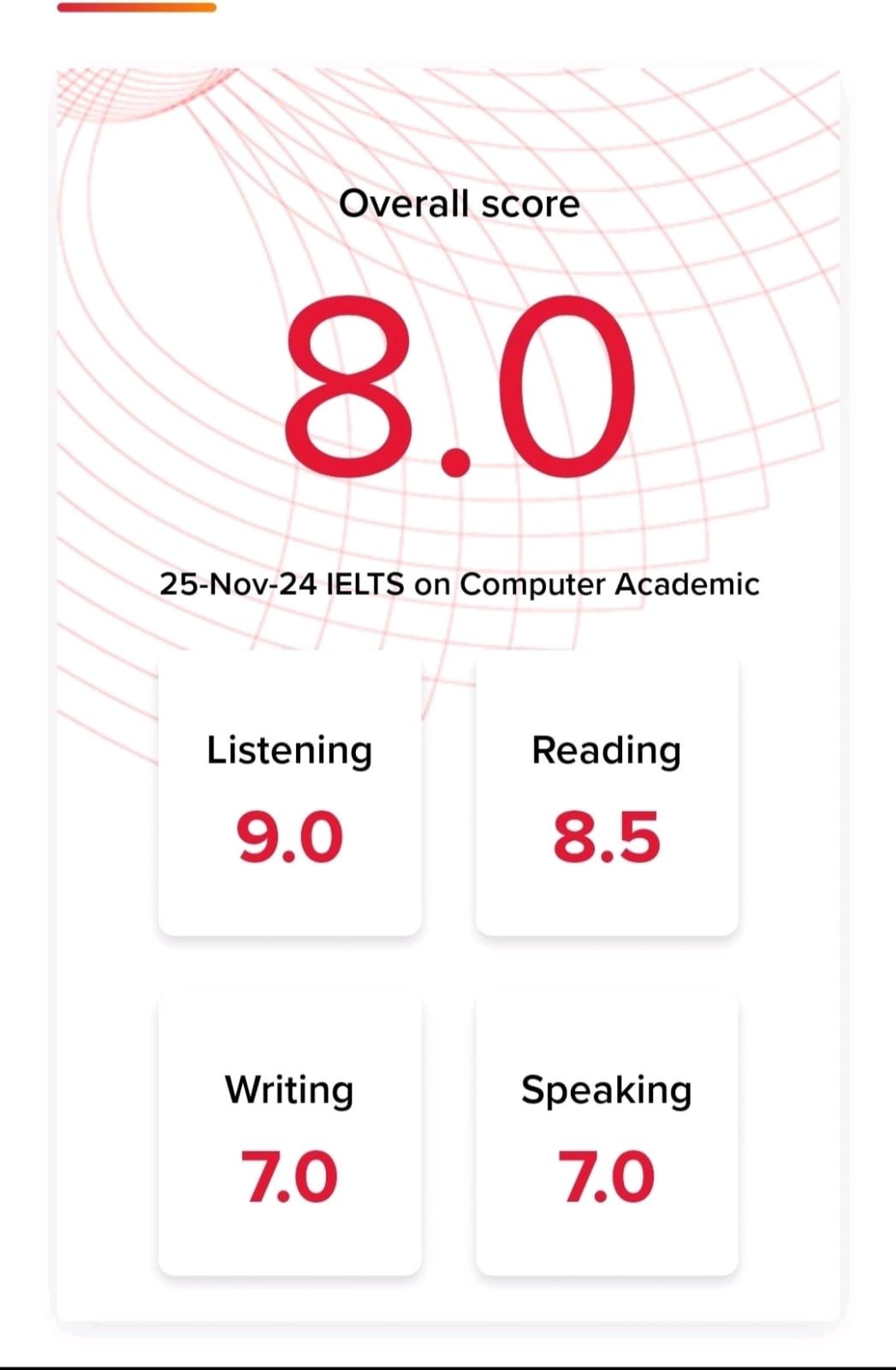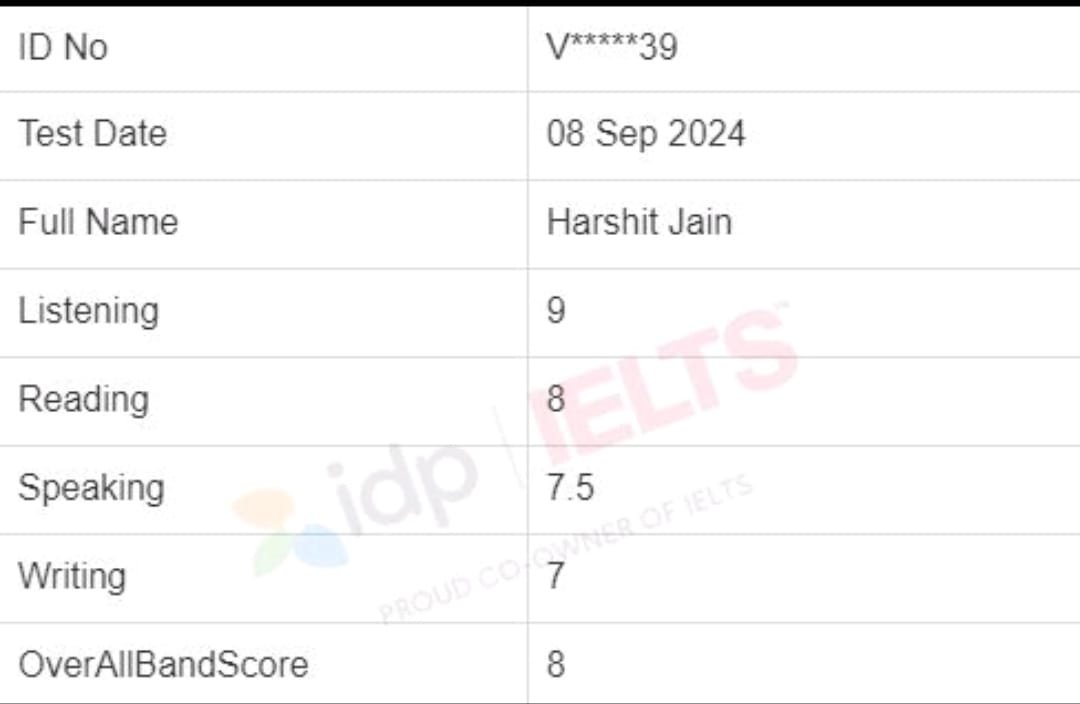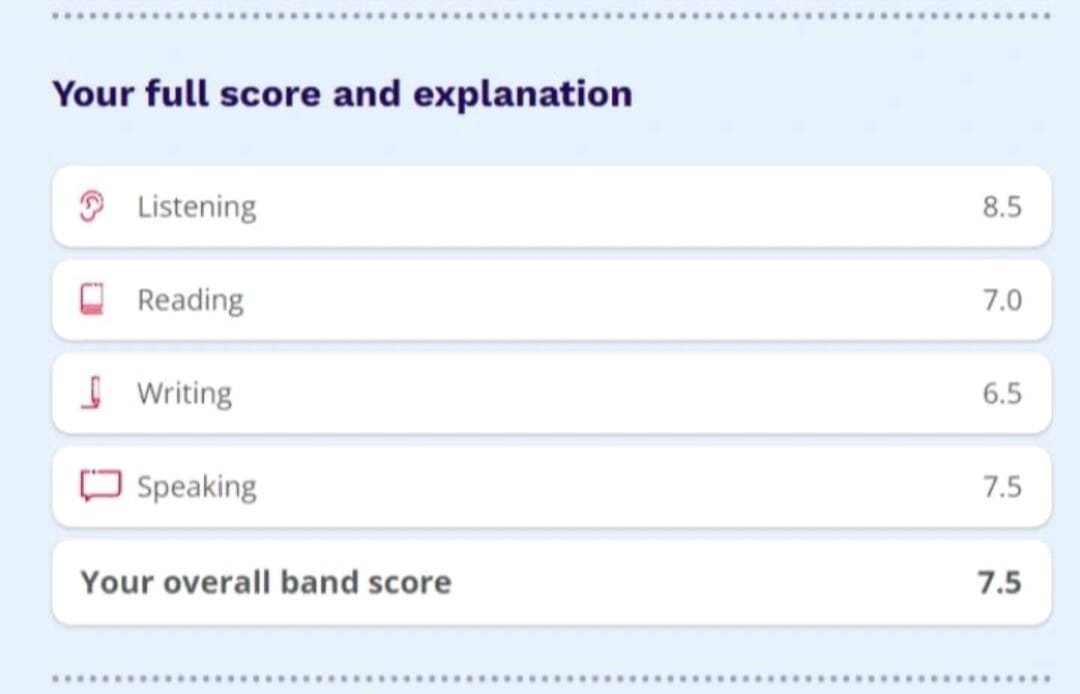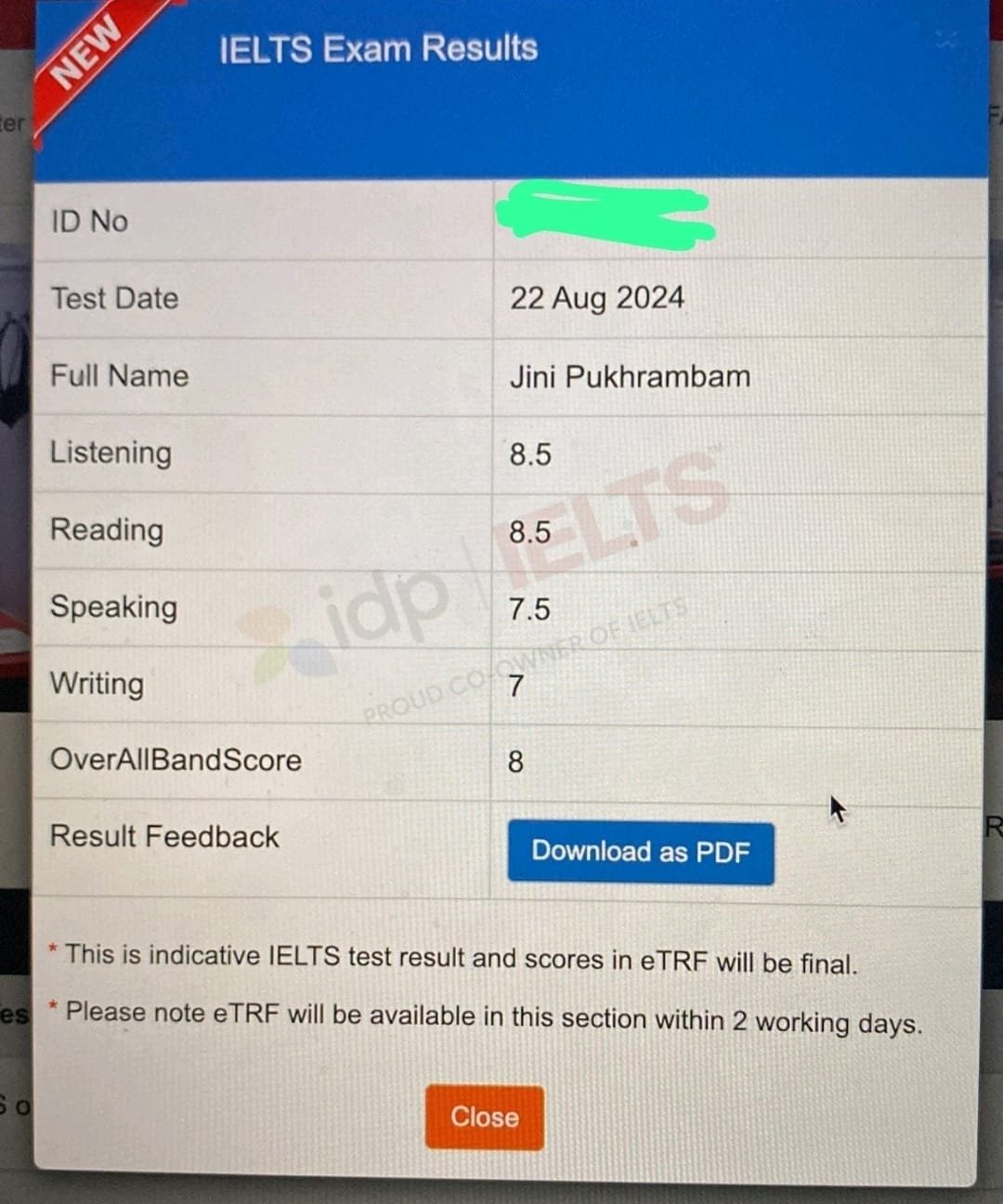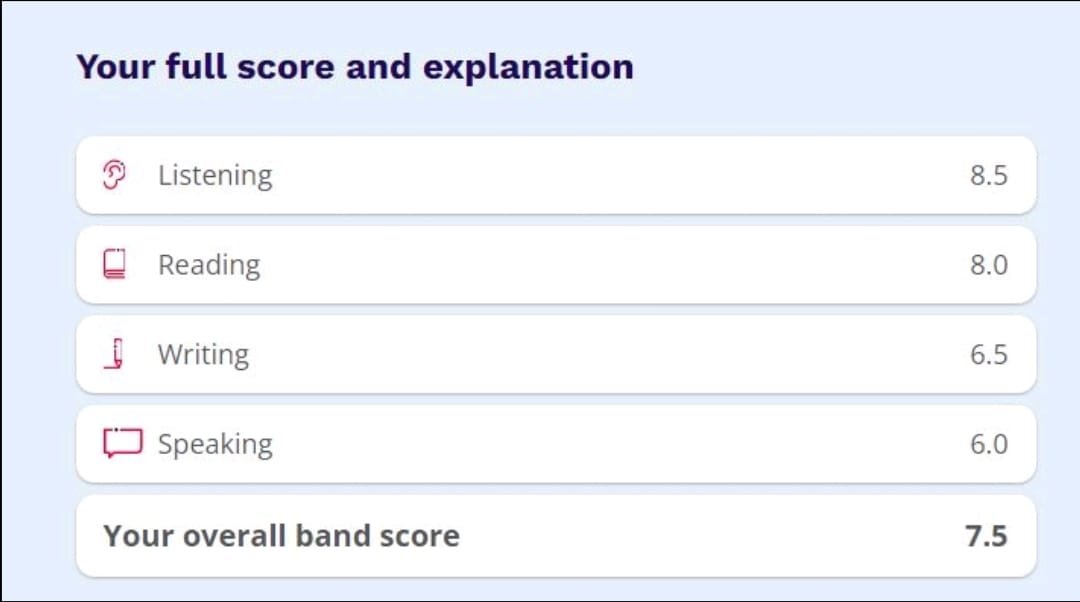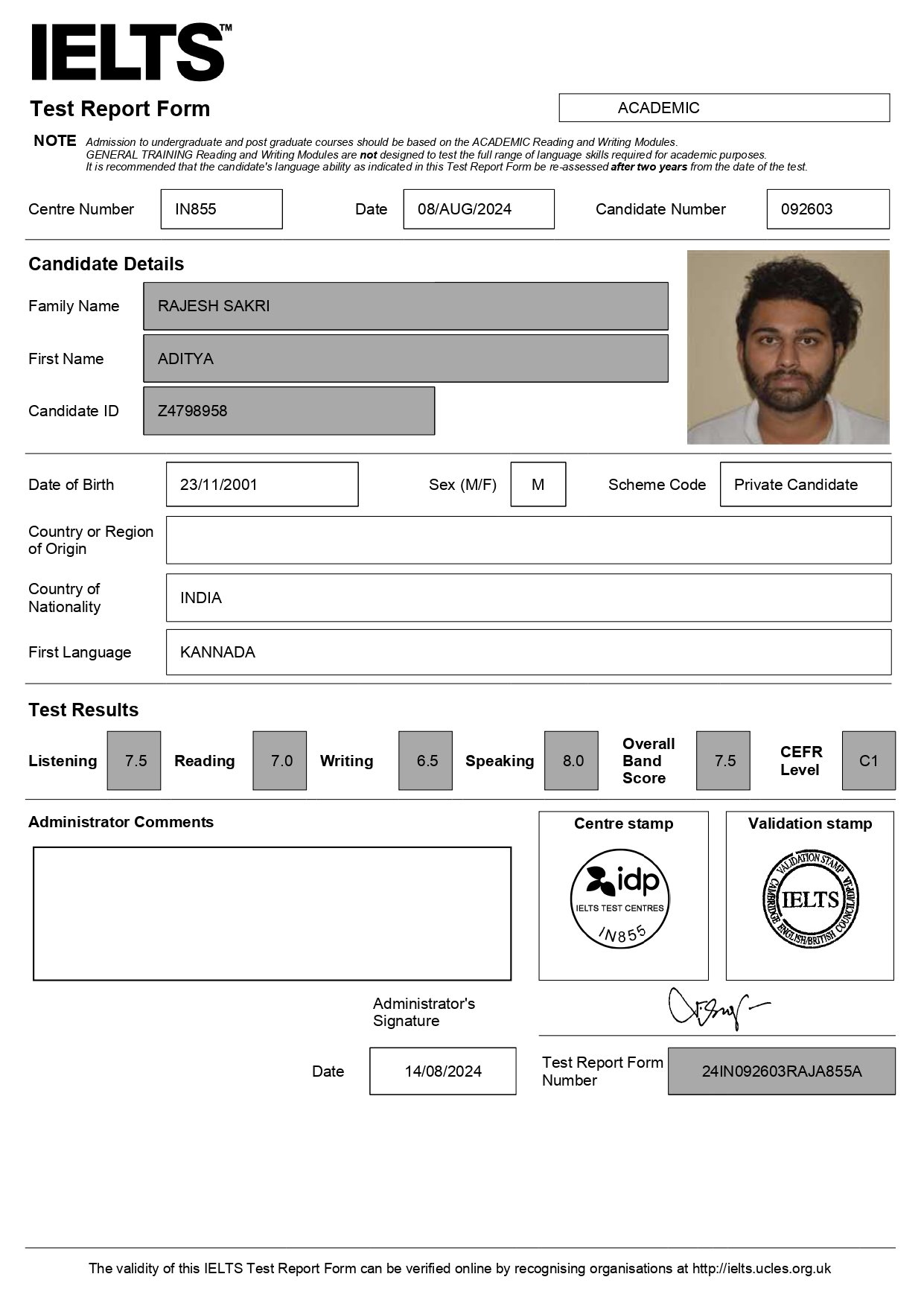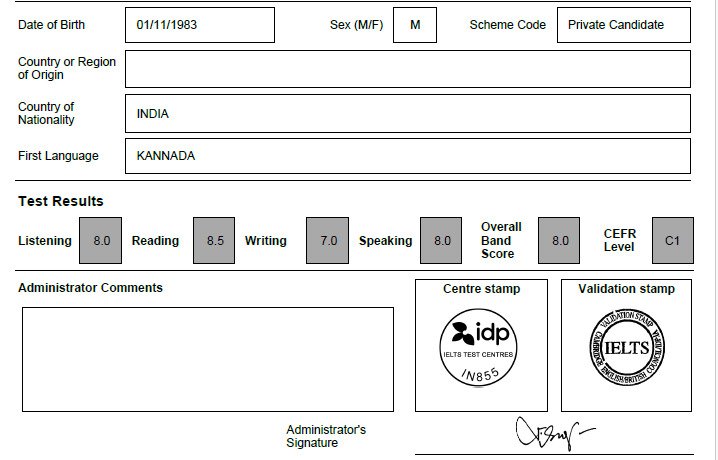
Hello, My name is Karan Kumar, and I am a professional IELTS coach helping Thousands of students prepare for the IELTS exam. The hardest part of any IELTS exam is the Writing Task, as here students get themselves confused with the task structure and their expectations. Through this blog post, I have tried to write in detail about the IELTS writing task 1 and task 2 along with offering tips and strategies for acing both tasks.
IELTS Writing Task 1: The Academic & General Training Differences
The first task of the IELTS Writing module demands analysis and summary of visual input data, whether it be a graph, chart, or process. You need to highlight the main features and comparisons where it is appropriate to do so.
Academic vs. General Training
In the case of academic students, the input data for Task 1 may comprise graphs, pie charts, or process diagrams. In contrast, general training, includes writing a letter (formal, semi-formal, or informal) according to the given conditions.
IELTS Writing Task 1 (Academic) Sample Question:
The chart below shows the number of visitors to three different museums in a European city over a six-month period.
Summarize the information by selecting and reporting the main features, and make comparisons where relevant.
IELTS Writing Task 1 (General Training) Sample Question:
Write a letter to a friend about a recent holiday trip. Tell him/her about where you went, what you did, and what you liked most about the trip.
Tips for Task 1 (Academic):
Introduction: Paraphrase the question and state the aim of the data.
Overview: Summarize the main trends or key points without going into too much detail.
Details: Provide comparisons or some specific data but do not refer to every little detail.
Structure: Your writing should be arranged in paragraphs: introductory paragraph, next an overview paragraph, and later on a paragraph devoted to providing details to compare specific instances.
Word Count: For Task 1 aim to reach 150 words, but reviewing one to 180 words provides a long descriptive answer.
IELTS Writing Task 2: The Essay
Task 2 of the IELTS Writing test is an essay writing task where you will need to respond to a question or argument. You’ll need to give your opinion, discuss both sides of an argument, or provide solutions to a problem. You’ll write a more structured essay that includes an introduction, body paragraphs, and a conclusion.
Common Types of Questions in Task 2:
- Opinion essays: To what extent do you agree or disagree with this statement?
- Discussion essays: Discuss both views and give your own opinion.
- Problem-Solution essays: What are the causes of this problem, and how can it be solved?
- Advantages and Disadvantages essays: What are the advantages and disadvantages of…?
Sample Task 2 Question:
Some people believe that the internet has brought people closer, while others believe it has caused more social isolation. Discuss both views and give your opinion.
Tips for Task 2:
- Introduction: Paraphrase the question and state your opinion if needed.
- Body Paragraphs:
- Each paragraph will have one key idea.
- Examples of evidence should be provided to support arguments.
- When discussing both sides, make sure to balance the pros and cons.
- Conclusion: Summarize your key points and restate your opinion clearly.
- Word Limit: Task 2 requires 250 words, but aim for 270–280 words to allow for a detailed response without being too brief.
Key Differences Between Task 1 and Task 2
While both tasks assess your writing ability, the main differences lie in the type of response required:
- Task 1 focuses on describing and summarizing data or information.
- Task 2 requires you to argue, discuss, or explain in more depth.
Common Mistakes to Avoid in IELTS Writing
As an IELTS coach, I’ve seen many students make some common mistakes in both writing tasks. Here are a few to watch out for:
- Failure to completely answer the question – always be sure your answer answers every aspect of the question.
- Do not organize ideas clearly – Use paragraphs to organize your answer logically.
- Overuse of complex vocabulary: It is quite important to use a good range of vocabulary but not so many difficult words when not necessary.
- Exceed the word limit – There should be strict adherence to the required word count.
Conclusion
IELTS Writing Task 1 and Task 2 will assess your ability to communicate the information in a clear and coherent manner. Through practice, preparation, and strategy, you will master the two tasks easily and boost your writing score.
To improve further on writing, I recommend you to regularly practice, go through model answers, and seek comments from a veteran IELTS coach like me.



